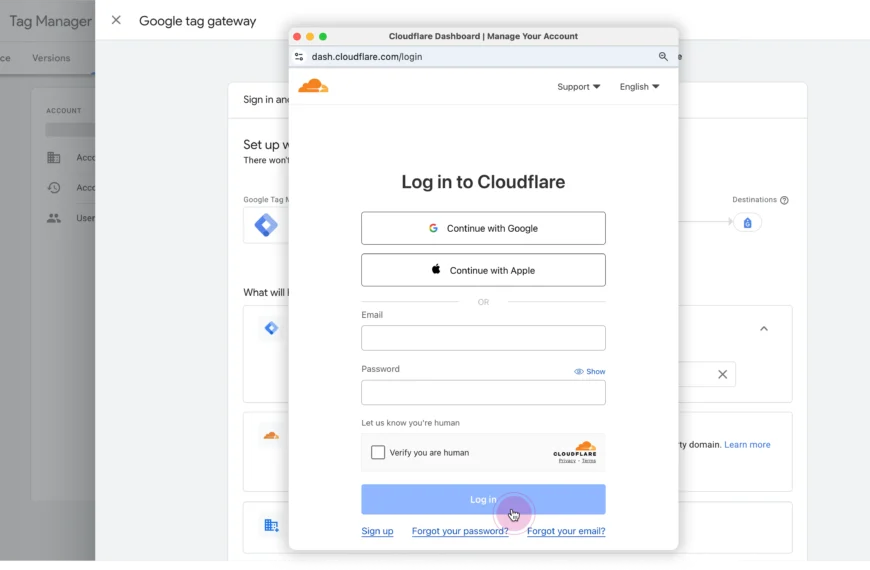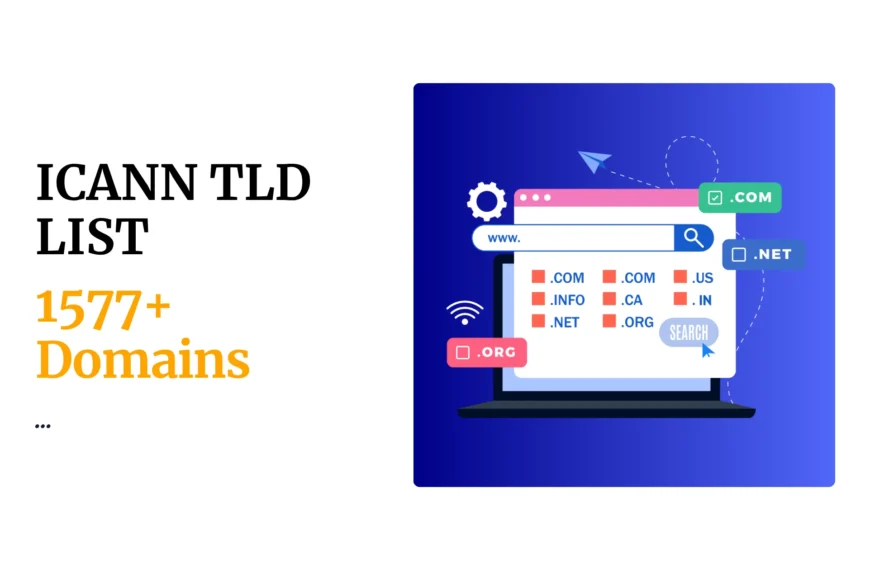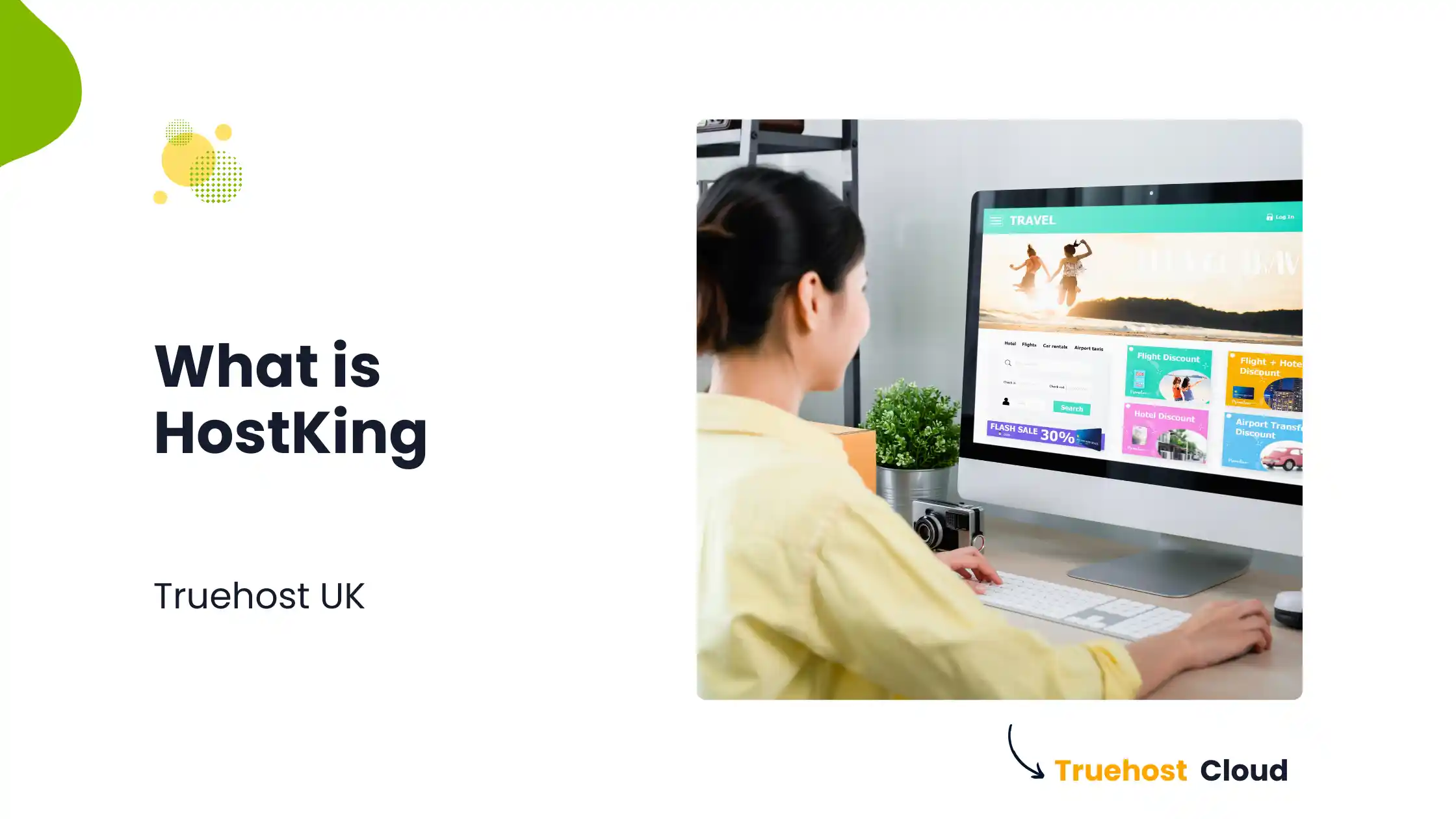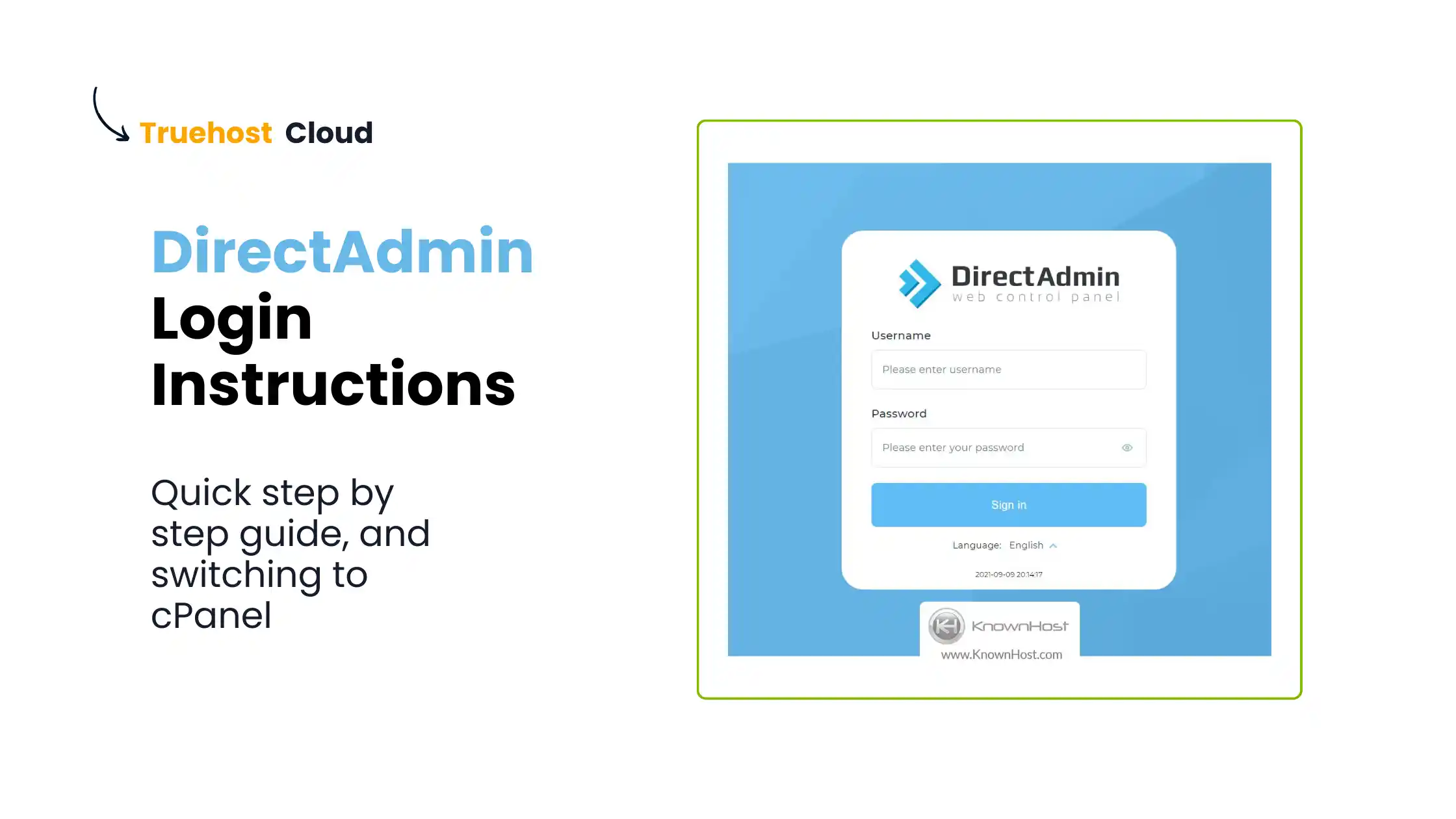Last updated on July 12th, 2023 at 07:47 am
What is Colocation in Kenya?
Colocation allows you to place your server machine in someone else’s rack and share their bandwidth as your own. It generally costs more than standard Web hosting, but less than a comparable amount of bandwidth into your place of business.
Once you have a machine set up, you take it physically to the location of the colocation provider and install it in their rack or you rent a server machine from the colocation provider. That company then provides an IP, bandwidth, and power to your server. Once it’s up and running, you access it much like you would access a Web site on a hosting provider. The difference is that you own the hardware.
Advantages of Colocation
- The biggest advantage of colocation is the cost of bandwidth. For example, a low-cost limited bandwidth business grade DSL line generally costs around $150 to $200, but for the same price or less a single server can be placed in a colocation facility that provides higher bandwidth speeds and better redundancy for the network connections. These savings can be even greater if the only dedicated network access is a more expensive full or fractional T1 lines.
- Colocation facilities have better outage protection. During a long ice-storm last year, my office was without power for three days. While we have a backup generator, it wasn’t powerful enough to keep the server running that entire time, so our Web sites were down during that outage. At a colocation provider, we are paying for power generators and backup power to protect against that type of situation.
- We own the server machinery. If we decide that the machine is too slow or doesn’t have enough memory, we can simply upgrade the server. We don’t have to wait for our provider to get around to upgrading it.
- We own the server software. I don’t have to rely on my hosting provider to install the software or tools I want to use. I simply do it myself. If I decide to use ASP or ColdFusion or ASP, I just purchase and install the software.
- If we move, we can leave the server up and running the entire time. When we host our own domains we have to either pay for two lines for some time, to move the domains to the new location, or deal with outages while the servers are moved to the new location.
- Colocation providers provide additional security for your machines. Your server is stored and maintained in a secure environment.
- Most colocation servers offer a service where they will manage and maintain your server for you for an extra cost. This is especially useful if you don’t have IT team members or your office is located far from the provider.
- Colocation in Kenya is expensive due to the high power cost and high internet costs in Kenya.
What is Colocation in Kenya, you have the answers.
Other services
 Domain SearchInstantly check and register your preferred domain name
Domain SearchInstantly check and register your preferred domain name Web Hosting
Web Hosting cPanel HostingHosting powered by cPanel (Most user friendly)
cPanel HostingHosting powered by cPanel (Most user friendly) KE Domains
KE Domains Reseller HostingStart your own hosting business without tech hustles
Reseller HostingStart your own hosting business without tech hustles Windows HostingOptimized for Windows-based applications and sites.
Windows HostingOptimized for Windows-based applications and sites. Free Domain
Free Domain Affiliate ProgramEarn commissions by referring customers to our platforms
Affiliate ProgramEarn commissions by referring customers to our platforms Free HostingTest our SSD Hosting for free, for life (1GB storage)
Free HostingTest our SSD Hosting for free, for life (1GB storage) Domain TransferMove your domain to us with zero downtime and full control
Domain TransferMove your domain to us with zero downtime and full control All DomainsBrowse and register domain extensions from around the world
All DomainsBrowse and register domain extensions from around the world .Com Domain
.Com Domain WhoisLook up domain ownership, expiry dates, and registrar information
WhoisLook up domain ownership, expiry dates, and registrar information VPS Hosting
VPS Hosting Managed VPSNon techy? Opt for fully managed VPS server
Managed VPSNon techy? Opt for fully managed VPS server Dedicated ServersEnjoy unmatched power and control with your own physical server.
Dedicated ServersEnjoy unmatched power and control with your own physical server. SupportOur support guides cover everything you need to know about our services
SupportOur support guides cover everything you need to know about our services








